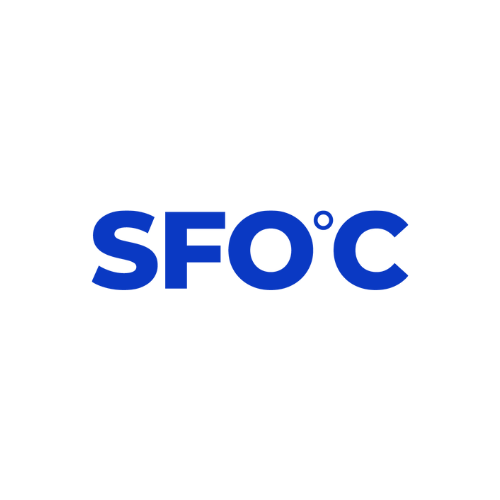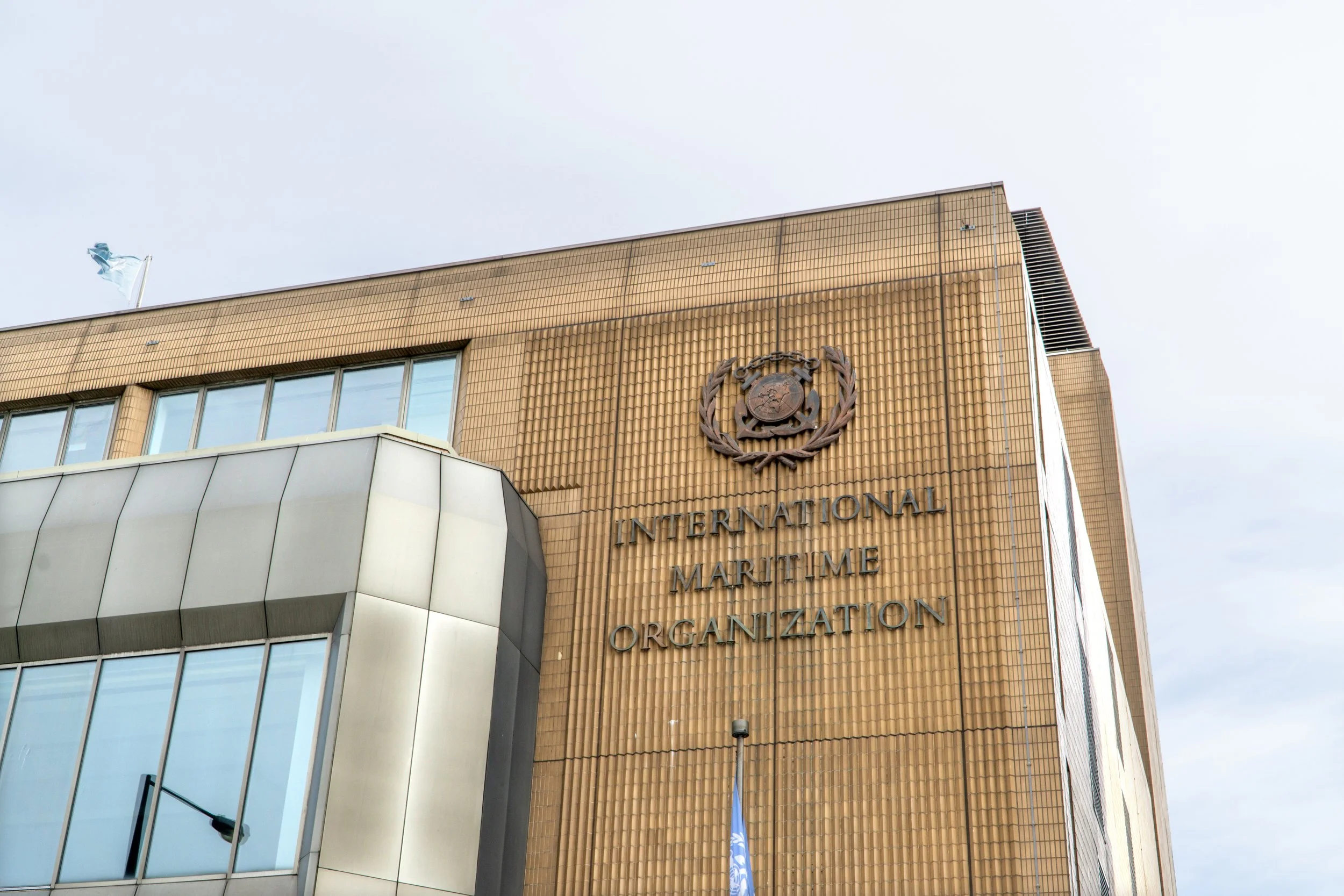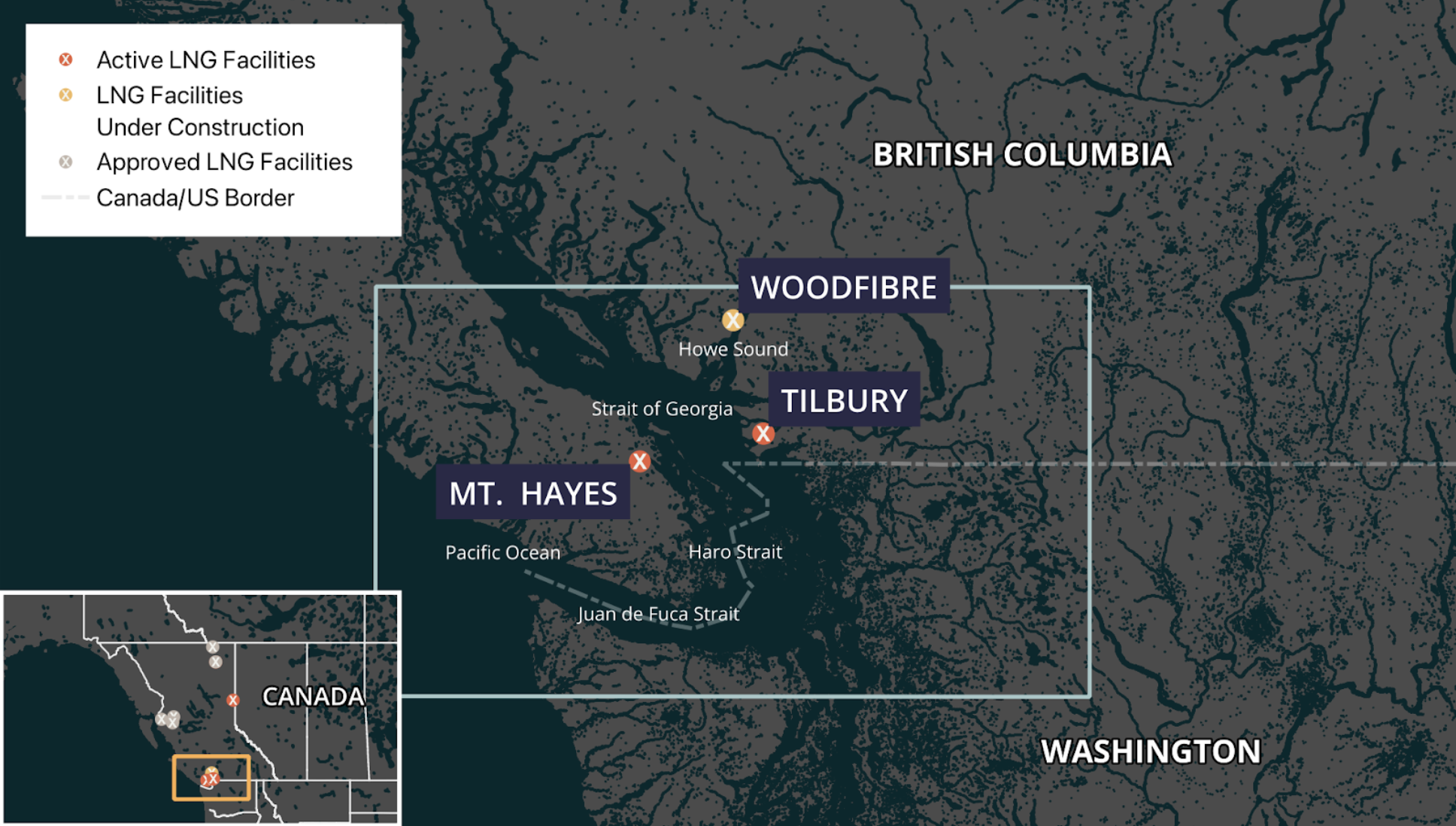
Aligning global ambition with maritime leadership.
Actionable insights and practical pathways to advance the future of shipping beyond methane.
Leveraging a broad network of experts to translate complex, cross-sector data.
Methane-based fuels, including fossil, bio, and e-LNG, are the main source of methane emissions in the maritime sector. To limit warming to 1.5°C, countries must reduce methane emissions by a third by 2030 and almost halve them by 2050.
We bring clarity to the policies, players, and pathways shaping the maritime decarbonization beyond methane.
Partners
Advancing Maritime Policy
Maritime Beyond Methane (MARBEM) helps strengthen regulatory frameworks that drive credible, evidence-based action on maritime decarbonization.
ISWG-GHG 20/3/7: Re-establishing Correspondence Group for the IMO Net-Zero Framework
ISWG-GHG 20/3/7: On October 23, the Marshall Islands delegation emphasized the importance of robust sustainability criteria in the forthcoming LCA Guidelines, referencing this submission. This document calls for the re-establishment of the correspondence group looking at "other social and economic sustainability themes/aspects of marine fuels". Without a comprehensive evaluation of existing and emerging fuels—including fossil, bio-, and e-LNG—the IMO’s Net-Zero Framework could be at risk.
ISWG-GHG 20/3/9: Literature review of well-to-tank GHG intensity of LNG in Canada
ISWG-GHG 20/3/9: This document shares the findings of a literature review and summary report on the well-to-tank (WtT) GHG intensity of LNG in Canada. It supports the broader objectives in respect of shipping's decarbonization and the implementation of the 2023 IMO Strategy on Reduction of GHG Emissions from Ships (2023 IMO GHG Strategy).
The literature review referenced in this document can be found here, published by Energy and Environmental Research Associates, LLC on September 3, 2025.
Op-Ed: The Great LNG Scam: The IMO’s Climate Credibility is on the Line
The Directors of Equal Routes—a member of MARBEM—write for Splash ahead of this month’s Net-Zero Framework vote at the International Maritime Organization.
The cost advantage, reinforced by the industry’s short-term cost optimisation strategies, is expected to sustain the increase of LNG-fuelled ships unless governments step in with clear policies to counter this trend.
Latest Reports
Analyses that bring transparency to maritime finance, policy, and technology — informing practical pathways beyond methane.
Get in touch.
Reach out to learn more about our work, share insights, or explore how we can partner to accelerate the shipping industry’s transition beyond methane.





















